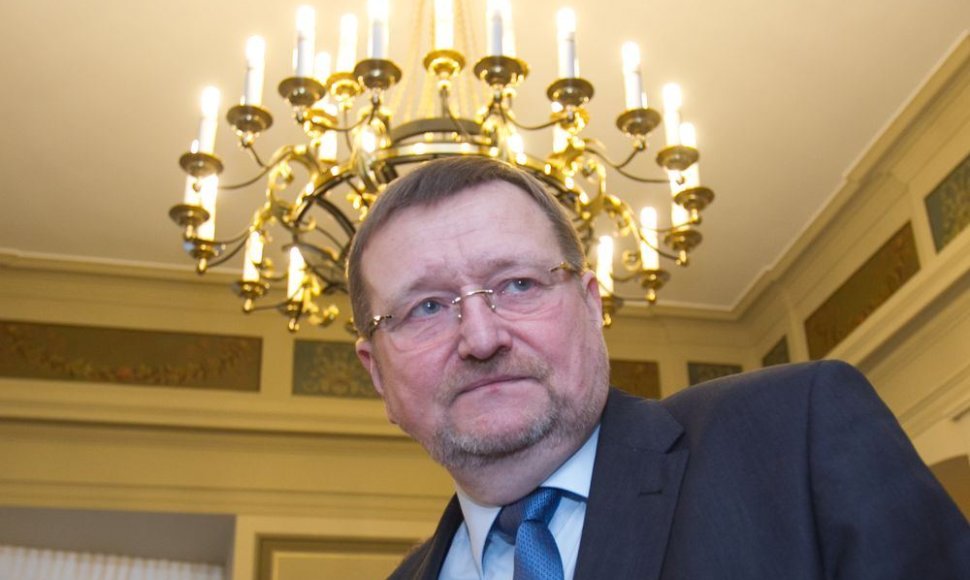Under this principle, a company operating in more than one EU member state would cooperate only with a single data protection supervisory authority in the country where it has its main establishment, the Lithuanian EU presidency said in a statement on Monday.
"I would like to say that the Council generally supports the principle that the draft regulation should provide for “one-stop-shop” mechanism in important cross-border cases to arrive at a single decision in respect of companies operating in several member states. The aim is to develop a simple, fast mechanism that would contribute to a more consistent application of the data protection rules in the EU, to ensure legal certainty and reduce the administrative burden. This is an important factor to enhance the cost-efficiency of the data protection rules for international business, thus contributing to the growth of the digital economy," Bernatonis said.
Ministers agreed that further expert discussions should be based on a model where a single supervisory decision is to be taken by the supervisory authority of the main establishment; however, that exclusive jurisdiction of this authority might be limited to a certain extent. To ensure that cutting the red tape for businesses would not affect the protection of individual rights, it was agreed to continue exploring ways how to further ensure proximity between individuals and decision-making authorities. Experts will also continue examination of the role and powers of the future European Data Protection Board.
The Council also agreed on the proposed directive establishing criminal law sanctions for counterfeiting of the euro and other currencies and strengthening cooperation of law enforcement institutions in this area.
"This is really a very significant agreement, which, thanks to the constructive work, was achieved in a very short period of time. This document is especially important for ensuring a more secure European Monetary Union," Bernatonis said.
The Council is now ready to launch the trilateral talks with the European Parliament and the European Commission.












